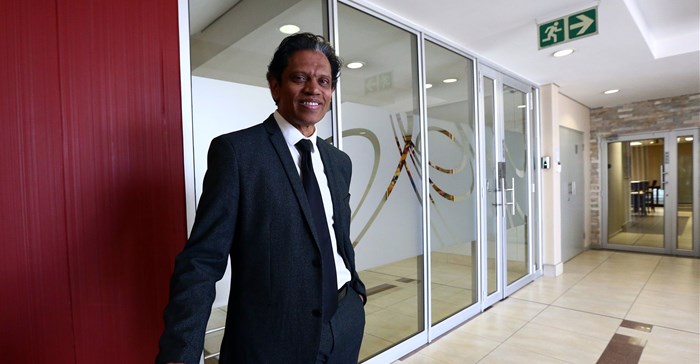
The paper outlines the feedback received from 179 respondents representing audit firms, the International Federation of Accountants (IFAC) and its member bodies, national standard setters, public authorities (including regulators), academia, users, investors, and the international standard-setting boards themselves.
In general, given the increasing focus on independence and the public interest role of auditors, the Monitoring Group has indicated that there is sufficiently broad support for reform for it to embark on the next step. It will now develop a White Paper around global standard setting reforms, which will include proposed solutions, funding, and transitional arrangements, for a consultation process by the end of this year.
The Independent Regulatory Board for Auditors (IRBA) supports reforms which will see the global standard-setting boards increase their independence from the profession, become more representative of the ultimate beneficiaries of high audit quality and increase the public interest focus in the work of standard setters.
“The appetite for reform reflected in the preliminary stakeholder consultation results is encouraging. While there is resistance and some opposition to some areas proposed in the consultation paper, these do not detract from or discount the importance of independence and public interest, Concerns seem to revolve more around practical implementation issues,” says Bernard Agulhas, CEO of the IRBA.
“We are not saying that current international auditing standards are not relevant or appropriate. However, it is our view that reform in pursuit of stronger public interest is key in efforts to restore confidence in the profession. In the setting of global auditing standards, we believe that it is increasingly important that the interests and expectations of the ultimate beneficiaries of high quality audit services must be considered.
“We must aim to strike the right balance between the needs of the users of financial information and the due process, including timeliness, in responding to those needs.”
During the process, stakeholders, in particular investors, raised the concern that developing auditing standards in the public interest will be challenging without sufficient representation of investors, asset managers and analyst in the standard setting process. The current standard setting boards are seen, whether real or perceived, to be dominated by the profession itself.
“In the same way that audit regulators worldwide have sought to increase their own independence from the profession, to limit the influence of auditors in the oversight of auditing, so too is it logical that the next step is to secure the independence of the standard setters. The independence of the rule makers needs to be secured to ensure that the resulting auditing standards respond sufficiently to the stakeholders and users’ expectations and are able to enhance audit quality in the public interest. This, in turn, will secure confidence and trust in standards, audits and financial information,” he says.